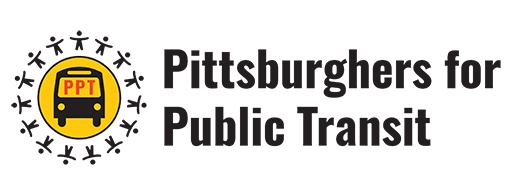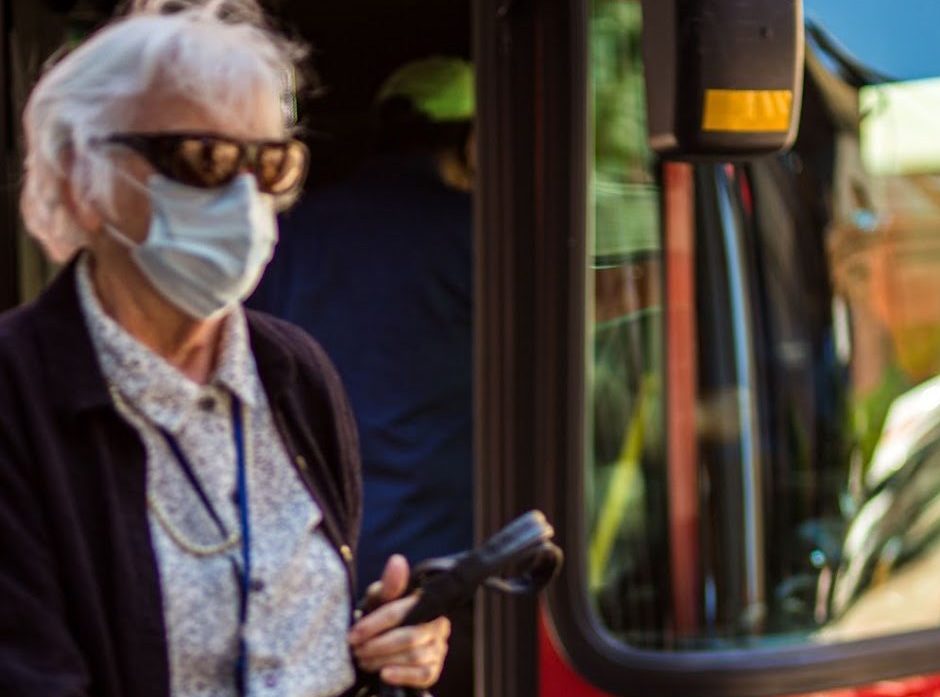
by Dan Yablonsky | Apr 19, 2022 | Uncategorized
Image Description: An older woman wearing black glasses, a surgical mask and a flowery dress, holding a black handbag is walking away from a red Port Authority bus with its door open with a passenger boarding. We condemn the irresponsible decision by the Port...
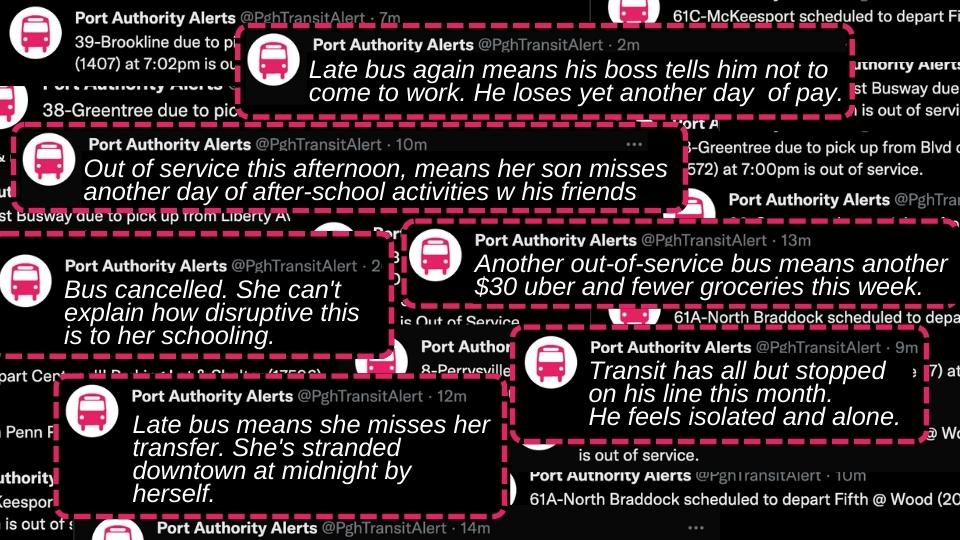
by Dan Yablonsky | Apr 12, 2022 | Uncategorized
image description: a collage of tweets from the Port Authority Alerts Twitter account that announce out-of-service buses. Some tweets have been altered to include testimonials from riders about what these service outages mean for them. They say “Transit has all...
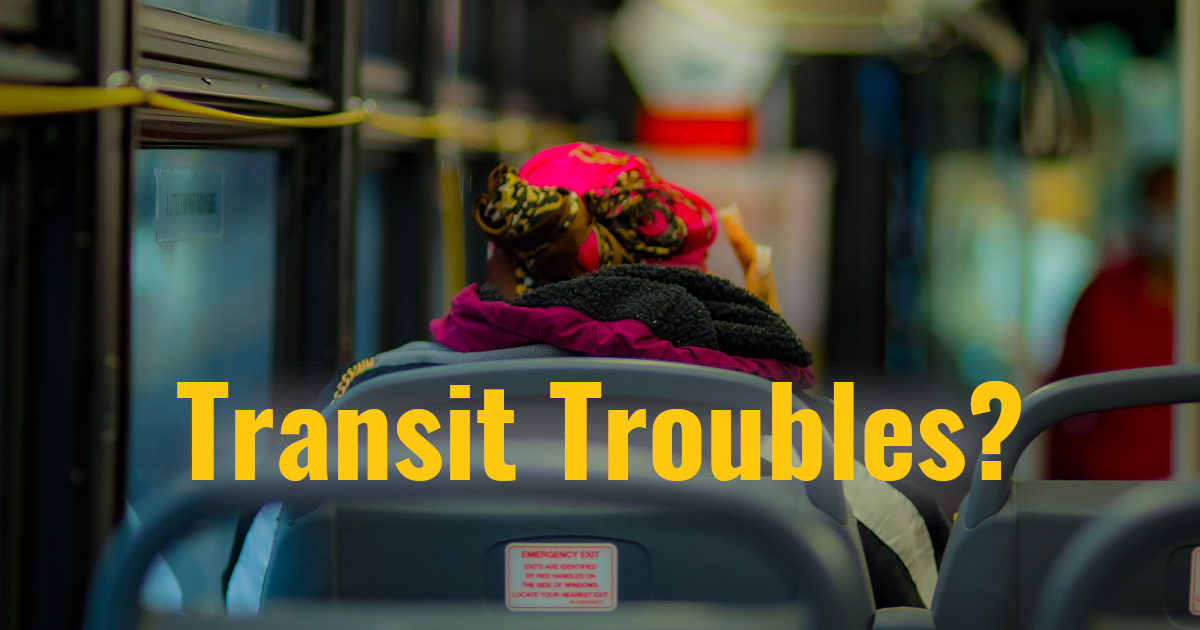
by Dan Yablonsky | Mar 31, 2022 | Uncategorized
image description: a photo of the back of a rider sitting on a bus. The rider is wearing a pink and gold head scarf and pink jacket with a hood. The quality of our transit service has been changing in Allegheny County, and it hasn’t necessarily been for the...
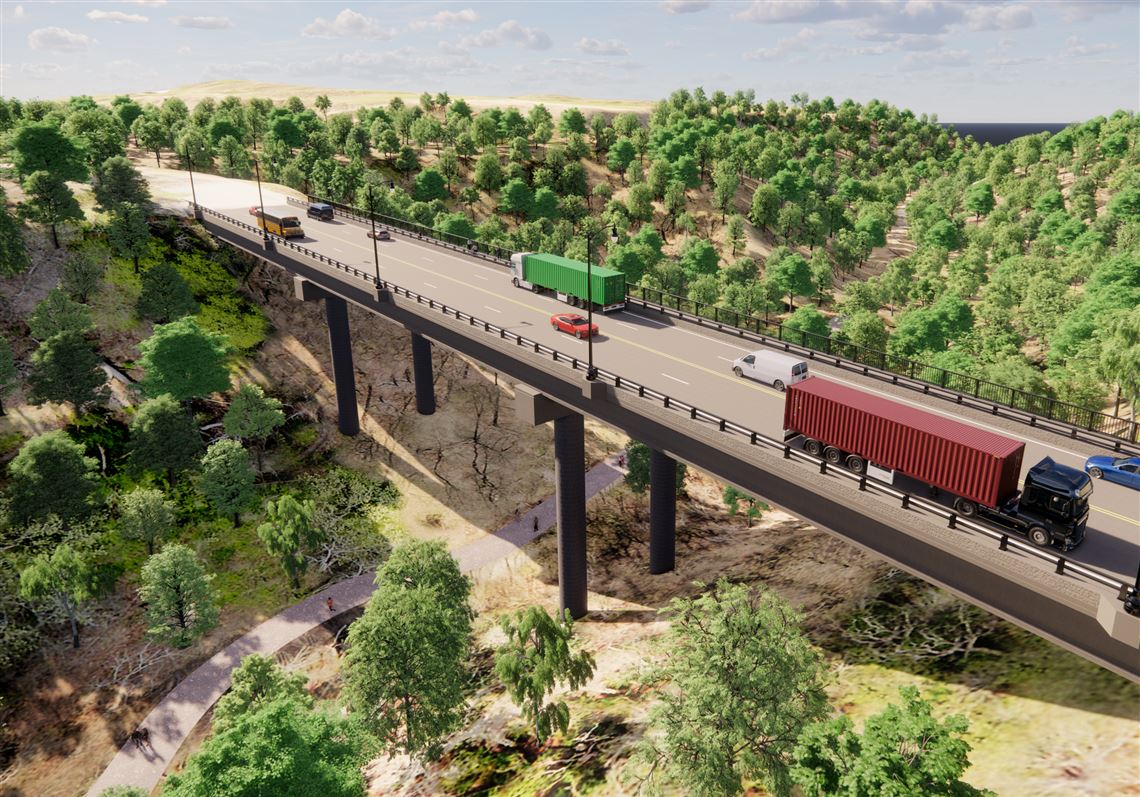
by Dan Yablonsky | Mar 24, 2022 | Uncategorized
image description: PennDOT rendering of a reconstruction proposal for the replacement of the Fern Hollow Bridge. PennDOT’s Fern Hollow Bridge Public Comment Form is OPEN Read PennDOT’s overview here Give PennDOT your public comment here Opportunity in a...
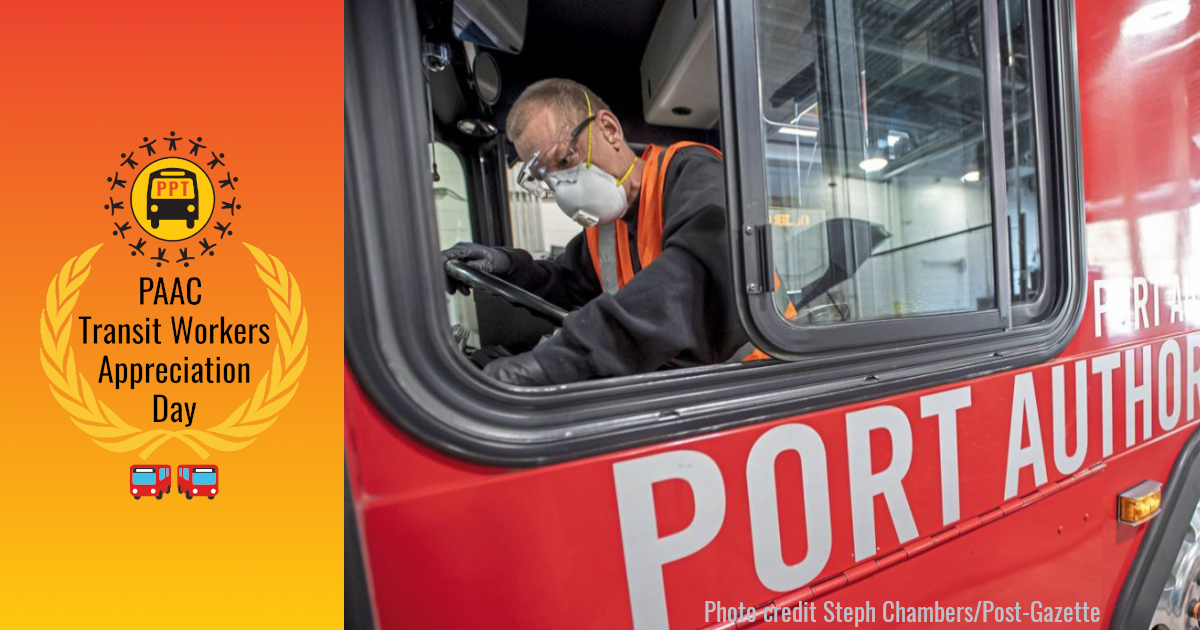
by Dan Yablonsky | Mar 15, 2022 | Uncategorized
image description: A Port Authority Transit worker cleans the driver’s console of a red Port Authority Bus. Steph Chambers/Post Gazette Next to the image is a logo that says “PAAC Transit Workers Appreciation Day” with two golden ferns and two red...
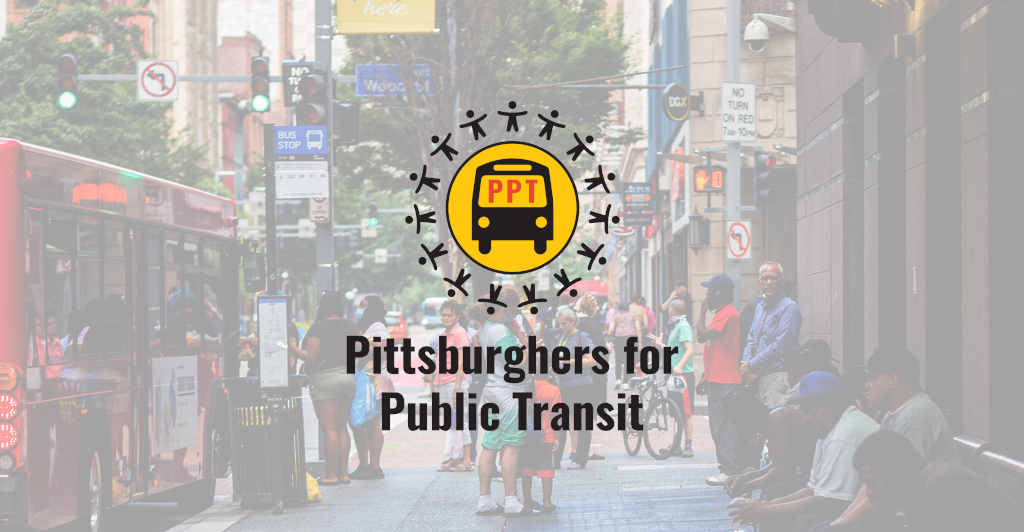
by Dan Yablonsky | Mar 15, 2022 | Uncategorized
Image Description: PPT logo foregrounded over an image of bus riders waiting at the Wood Street Station Pittsburghers for Public Transit (PPT) is a grassroots union organizing for a more equitable, affordable and accessible transit system that meets all needs, with no...







